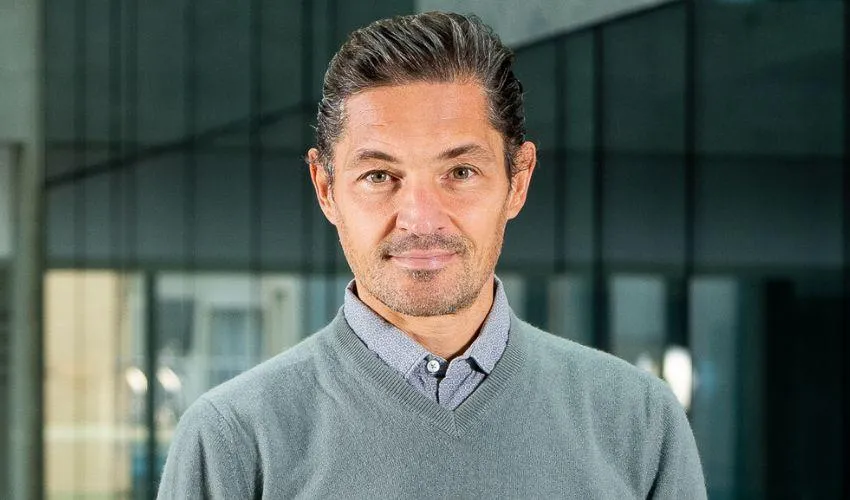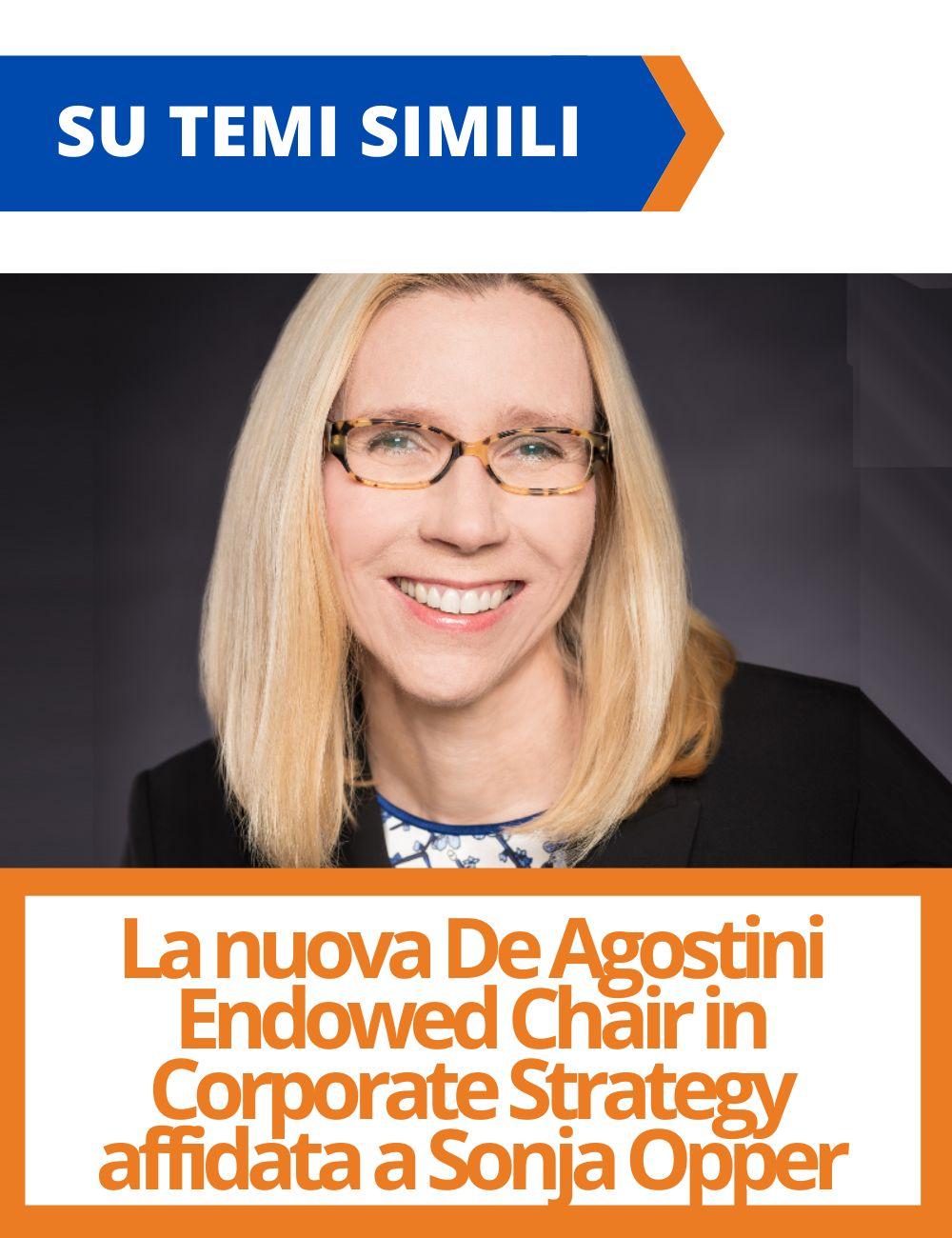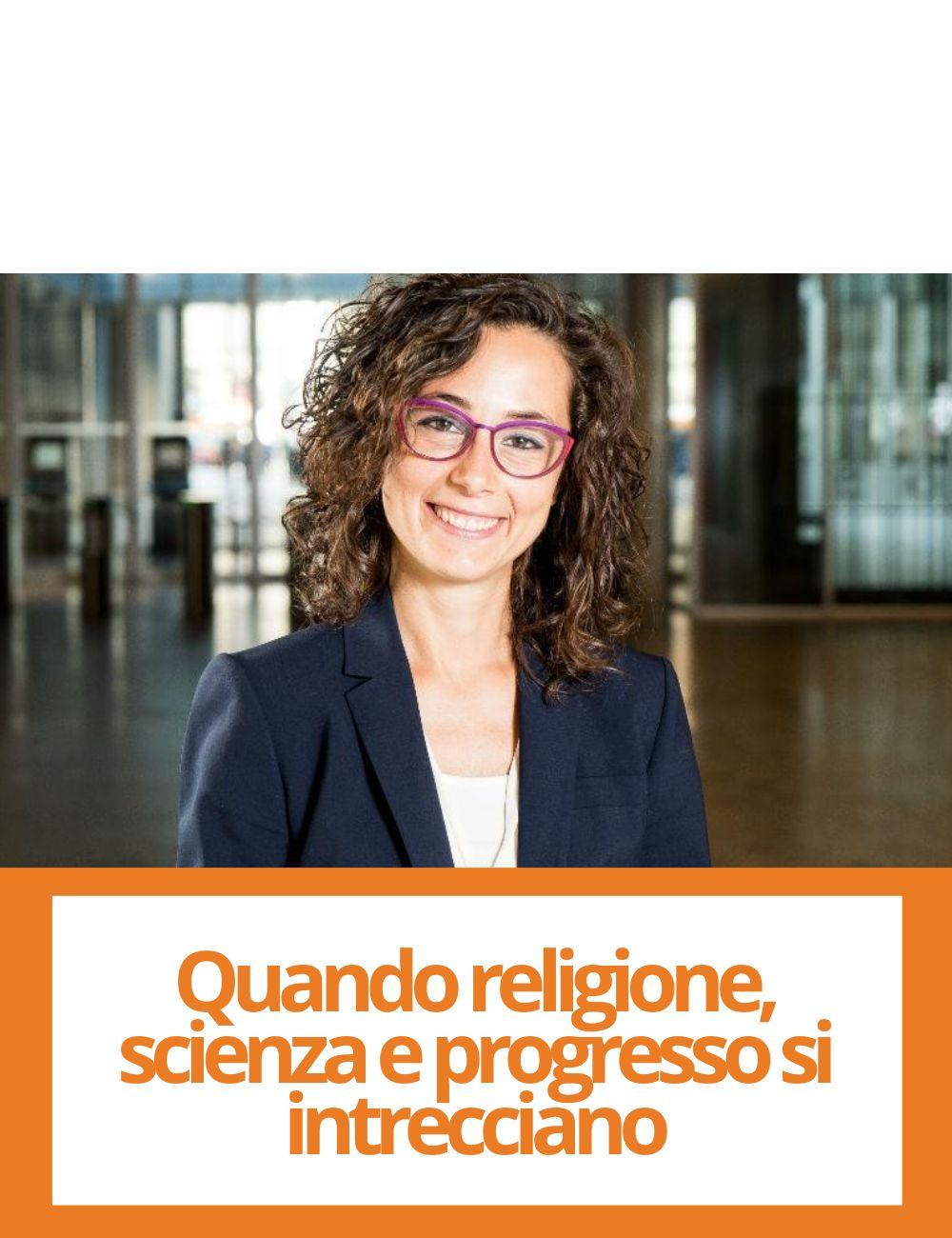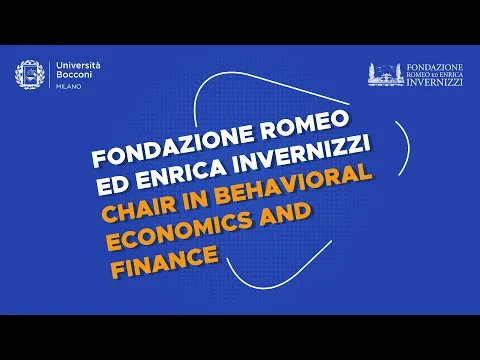
Le scienze cognitive che aiutano a capire l'economia
Con la Cattedra Fondazione Romeo ed Enrica Invernizzi in Behavioral Economics and Finance, che sarà inaugurata questo pomeriggio, l'Università Bocconi rimarca la rilevanza delle scienze cognitive nello studio dell'economia.
Nicola Gennaioli, il professore chiamato a ricoprire la Cattedra, approccia l'economia e la finanza in modo critico e innovativo, come chiarirà nella Lectio Inauguralis (Aula Manfredini, via Sarfatti 25, ore 18,15). All'evento di lancio parteciperanno anche Michael Kahana (Edmund J. and Louise W. Kahn Term Professor of Psychology, University of Pennsylvania) e Giovanna D'Adda (Università degli Studi di Milano), oltre al presidente della Fondazione Romeo ed Enrica Invernizzi, Giuseppe Bertoni, e al rettore, Francesco Billari, e al presidente, Andrea Sironi, dell'Università Bocconi.
Secondo il paradigma tradizionale, l'economia studia le scelte di un essere umano razionale e auto-interessato, il cosiddetto homo oeconomicus. L'homo oeconomicus sceglie tra le diverse opzioni a sua disposizione in base alle proprie preferenze (per esempio: per investimenti sicuri, anche se a rendimento limitato, rispetto a investimenti più rischiosi anche se potenzialmente più redditizi), in base all'utilità che ne può trarre e secondo calcoli razionali.
"Nell'ambito di questo paradigma," afferma Gennaioli, "anche decisioni apparentemente non razionali o non auto-interessate vengono spiegate con preferenze particolari, nutrite da alcuni soggetti. Se lascio una mancia a un tassista che non vedrò mai più, per esempio, è per una mia preferenza per l'apparire generoso."



La reiterata osservazione dell'incoerenza delle nostre scelte ha finito per mettere in crisi l'approccio tradizionale già da tempo. Una prima alternativa, quella dell'economia e finanza comportamentale, introduce i cosiddetti "bias" cognitivi, distorsioni che non ci consentono di fare la scelta più razionale.
"Anche in questo caso, però, si cerca di giustificare scelte considerate anomale," spiega Gennaioli. "Un approccio più radicale, al quale sto lavorando con colleghi quali Pedro Bordalo, Rafael La Porta e Andrei Shleifer, si distacca più decisamente da quello tradizionale e postula che tutte le nostre scelte siano determinate dagli stessi meccanismi psicologici. In particolare, stiamo delineando un paradigma in cui hanno una funzione determinante la memoria selettiva e l'attenzione selettiva."
L'approccio è già stato applicato, da Gennaioli e altri studiosi, a situazioni reali come la valutazione del rischio comportato dal COVID (chi aveva sperimentato la grave malattia di un parente nei mesi precedenti la pandemia tendeva a considerare il COVID più rischioso di chi non aveva avuto problemi recenti) o le scelte di investimento (nei momenti di mercato positivo, gli individui sembrano ricordare soprattutto gli investimenti passati di maggiore successo e tendono ad assumersi più rischi, e viceversa quando il mercato scende).
What Cognitive Economics Is About
